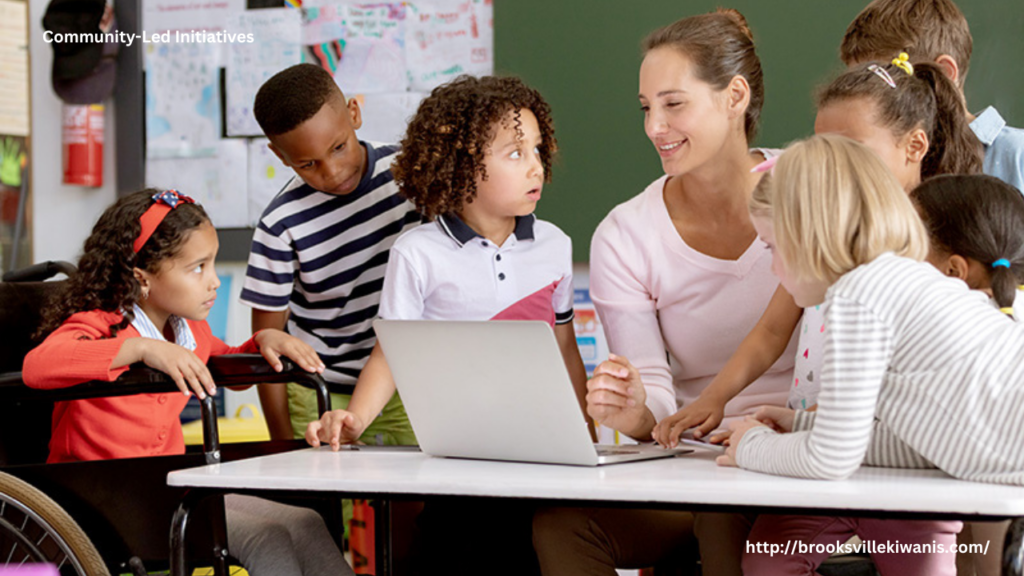Breaking the Stigma: How Florida Communities Are Prioritizing Kids’ Mental Health

Mental health has long been a stigmatized topic, particularly when it comes to children and adolescents. However, Florida communities are making significant strides in addressing this issue by prioritizing mental health education, increasing access to care, and fostering supportive environments. Breaking the stigma surrounding kids’ mental health is crucial to ensuring that every child receives the support they need to thrive.
The Importance of Addressing Mental Health Stigma
Despite growing awareness of mental health challenges, stigma remains a major barrier to care. Many children and their families avoid seeking help due to fear of judgment or misunderstanding. This reluctance can lead to untreated mental health conditions, resulting in academic struggles, social isolation, and long-term emotional distress.
By addressing stigma head-on, Florida communities can create a culture where mental health is treated with the same importance as physical health. This shift encourages children to seek help without fear and enables parents, teachers, and caregivers to provide the necessary support.
Community-Led Initiatives Making a Difference
Florida has seen the rise of community-led initiatives aimed at breaking the stigma of mental health among children. Schools, local organizations, and government agencies are collaborating to create safe spaces for open discussions and early intervention.
One key initiative is the expansion of mental health programs in Florida schools. Many districts now have dedicated mental health counselors, peer support programs, and classroom discussions focused on emotional well-being. Programs like Youth Mental Health First Aid train teachers and staff to recognize signs of mental distress and provide immediate support.
Additionally, non-profit organizations are playing a vital role in reducing stigma. Groups like the Florida Mental Health Advocacy Coalition and the National Alliance on Mental Illness (NAMI) Florida are working to educate families, host community events, and provide free or low-cost counseling services.
The Role of Parents and Caregivers
Parents and caregivers are essential in fostering open conversations about mental health. When adults normalize discussions about emotions and mental well-being, children feel more comfortable expressing their feelings and seeking help when needed.
Workshops and support groups for parents are also growing in popularity across Florida. These programs equip parents with tools to support their children’s mental health while also addressing their own concerns and stressors.
Expanding Access to Mental Health Services
Breaking the stigma is only one part of the solution; ensuring that children have access to care is equally important. Florida has been working on expanding access through telehealth services, school-based counseling, and partnerships with healthcare providers.
In rural and underserved areas, mobile mental health clinics are bridging the gap by bringing professional care directly to children who may otherwise struggle to receive treatment. These efforts are helping to make mental health resources more accessible and equitable across the state.
A Brighter Future for Florida’s Youth
Florida communities are making great progress in dismantling the stigma surrounding kids’ mental health. By prioritizing education, expanding resources, and fostering open conversations, they are creating a future where mental health is treated with the care and urgency it deserves.
Through continued collaboration and advocacy, Florida can lead the way in ensuring that every child feels supported, heard, and empowered to seek help without fear.